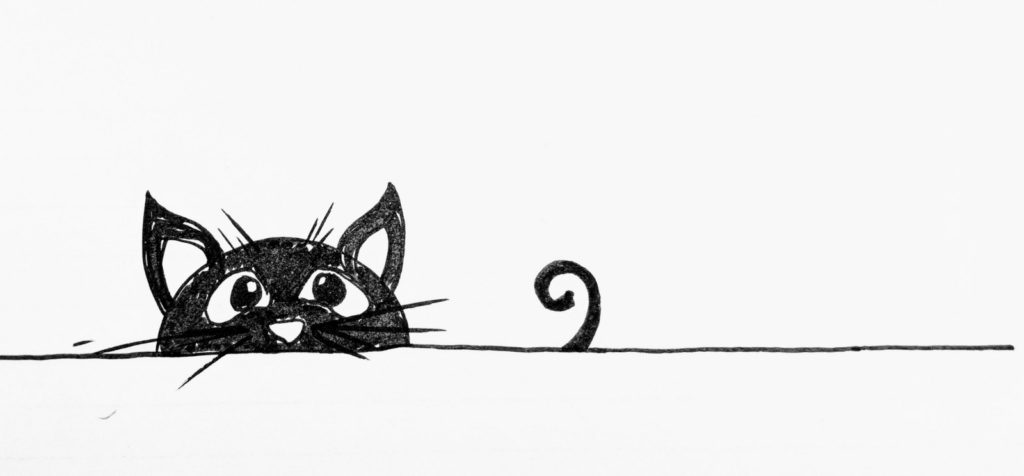By Rose Langridge–Humanities subjects Teacher; Careers Advisor–High School
Humans by their very nature are inherently curious. Curiosity has a functional evolutionary purpose since people had to be inquisitive about the world around them in order to survive.
There are two types of curiosity. The first is perceptual curiosity, which we exhibit when something confuses or puzzles us. This is exactly the curiosity that directs a three-year-old to spend a large proportion of their time asking a one-word question that always needs a long answer: “Why?” The second type is epistemic curiosity, which feeds our desire to know new things. Our brains and minds value this knowledge and due to this we derive pleasure from learning.
In our digital age the sheer amount of information available is immense and being able to answer any question is really literally at your fingertips. Google is not just a company but a verb. There are of course pitfalls to this open access– the internet is not peer reviewed and fake news is certainly an area raising concern around the world.
Curiosity is piqued and fed by this tool, but how do we learn how to navigate it? How do we know if the answers we find are true? Being able to discern if available information should be believed and used to sate our curiosity is one of the big things that we cover in humanities.
A key component of understanding both current and historical events is being able to understand the different perspectives taken by people for a variety of reasons and being able to see how their perspectives then shape their behaviour.
We learn how people make their decisions by looking at evidence. In order to make sure that this evidence is worth using, we consider the validity. Where is it from? What was the intent of producing this information? Who produced it? Is there bias? Being able to answer these questions means that we can analyse the process that people went through and still go through when making decisions about what to believe.
Learning how to decipher when an event has become contested helps us to understand people’s motives for their beliefs. We can then use our learning to face the hard questions. Once we can look into the past and analyse how opinions were made and changed, we can use this knowledge to tackle the ethical issues that we face today.
As Deborah Lipstad so decisively put it, “Not all opinions are created equal.”
At a time when news and events bombards us, often in bite-sized pieces through lenses that have ulterior motives or actions, we must be aware of how powerful this is. We have to be able to make informed decisions knowing we are reading the information accurately that we have access to.
